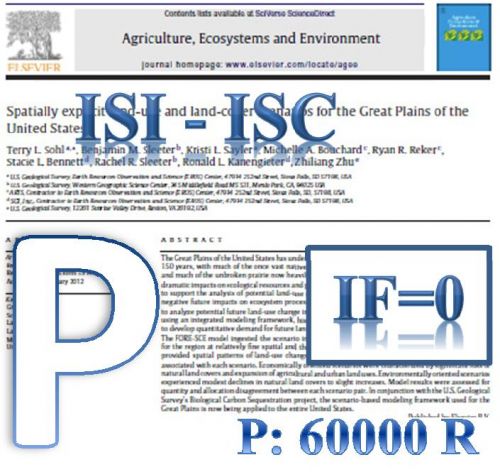Identification of occult hepatitis B virus (HBV) infection and viral antigens in healthcare workers who presented low to moderate levels of anti-HBs after HBV vaccination
نویسندگان : Zohreh Borzooy Seyed Mohammad Jazayeri Abbass Mirshafiey Azam Khamseh asoud Karkhaneh Mahmoudie Pedram Azimzadeh Babak Geravand Mohammad Ali Boroumand Mina Afshar vahdat Poortahmasebi Mostafa Hosseini Adrian Streinu-Cercel
Background Worldwide, healthcare workers (HCWs) show different levels of response to hepatitis B virus (HBV) vaccine. One of the factors associated with vaccine unresponsiveness may be the existence of current or past HBV infection. Regardless of the presence of HBsAg (overt infection), occult HBV infection (OBI, defined as presence of HBV DNA in the absence of HBsAg) might also account for some non- or hypo-response cases. Methods Sera from 120 HBsAg-negative HCWs with low and moderate levels of anti-HBs, <10 IU/mL (group I) and <100 IU/mL (group II) respectively, were selected and were examined for OBI by sensitive real-time PCR regardless of HBV serological profiles. Direct sequencing on surface genes was carried out in OBI-positive cases. Results Four (3.3%) were positive for OBI. All were negative for anti-HBc. Two of the positive cases had moderate levels of anti-HBs (>10 to <100 IU/mL). No significant differences were found between the two groups in terms of risk factors or serological data. No mutations were found in surface proteins of OBI cases. Conclusion OBI in these subjects might be due to other factors rather than presence of “a” determinant mutations. Healthcare workers with inadequate to moderate levels of anti-HBs (<100 IU/mL) following vaccination, regardless of their serological profile for HBV, should be tested for the presence of HBV DNA by sensitive molecular tests. Anti-HBc is not a reliable marker for suspicion of OBI, especially in high-risk group individuals.
کلید واژگان :Healthcare workers, hepatitis B virus, HBV, HBV vaccine
ارزش ریالی : 1200000 ریال
با پرداخت الکترونیک
